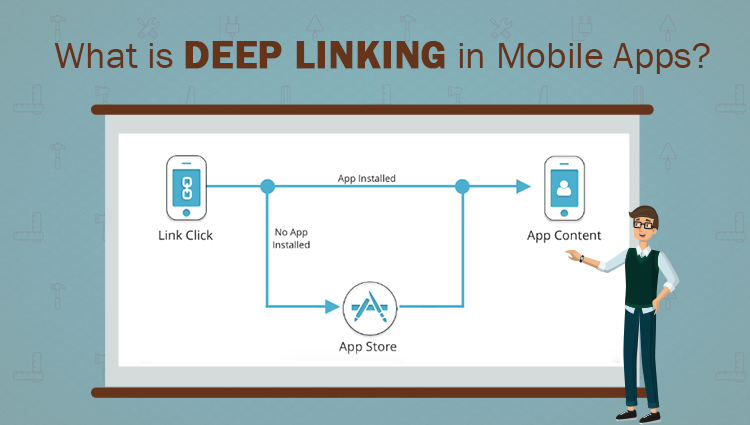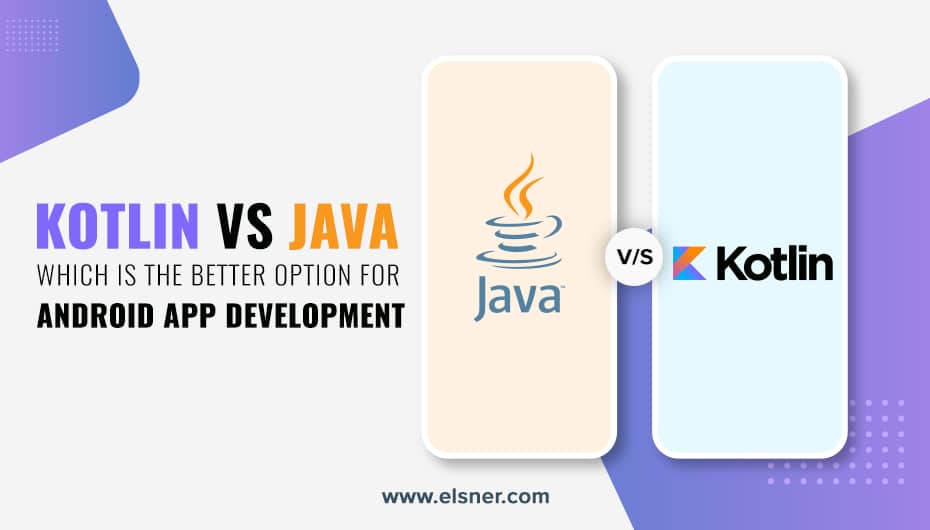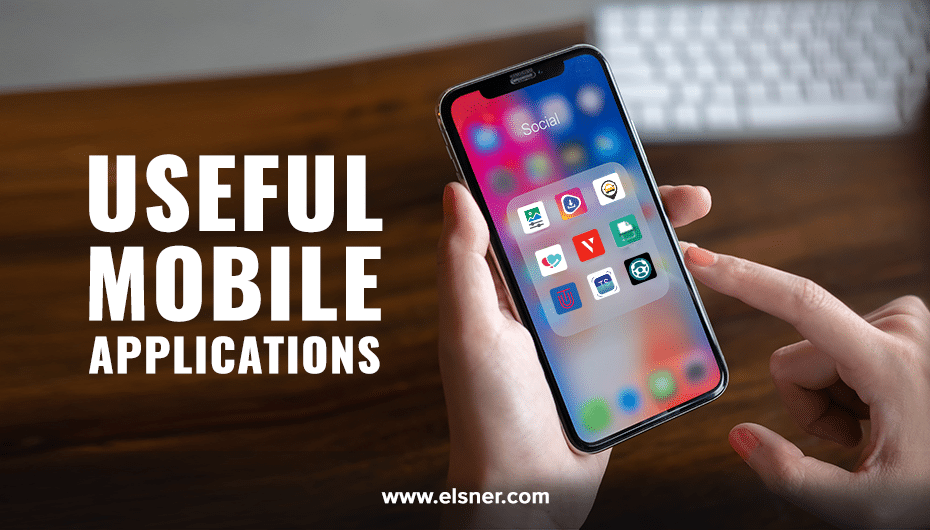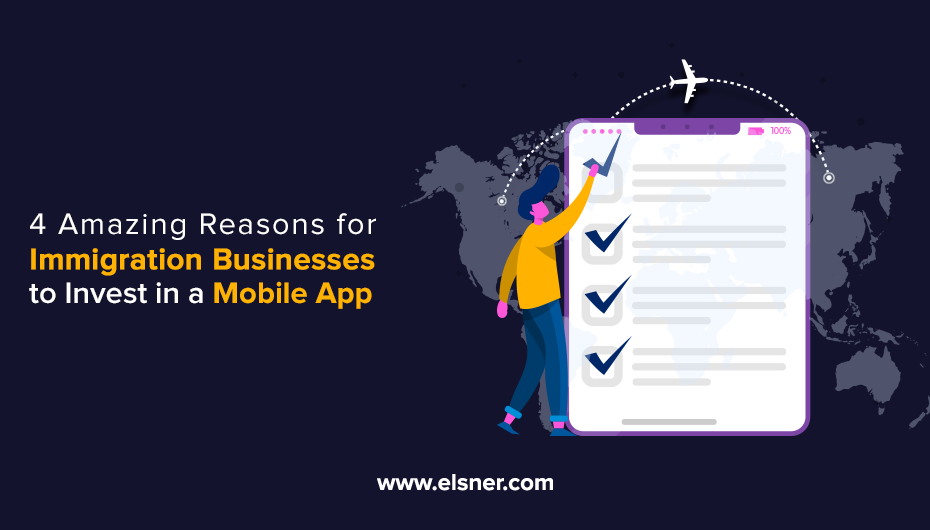Deep Linking in Mobile apps is the process where you can use a URL that opens and directs a user to a specific location or page within an app. Use of this deep linking is to offer a user with relevant information and content, which can be served via SMS, Email, Notification or via social media.
For deep linking, a developer can register a URL scheme with iOS or Android while creating app. For example, in our app Sponsors, we registered “sponsors” keyword in app’s URL scheme, so any URL comes which starts with sponsors:// will be a deep link to the app and go to a specific page.
myapp://path/to/content
eventApp://sponsors/133913376661217
In above case, when OS attempts to open a URL with any custom scheme, it first checks the apps that are installed on the device to see if any installed app has registered that URL scheme or not. If it finds an app with this scheme, then it will open the app and pass in the URL that was used to open it. For example open Safari and type FB:// into the search/address field and press Go. If Facebook is installed on your phone, the app will launch, otherwise, Safari will try to load the address.
Types of Mobile Deep Links
There are a few types of mobile deep linking:
- Standard Deep Links
Standard Deep Linking directs users to a specific part or screens of an app using your app URL. It will be in a various form like ads, social media posts, SMS, emails, etc. They only work if the user has the app installed on their device. Otherwise, they will show the user an error page.
- Deferred Deep Links
For Deferred deep links, Not required the app to be installed on the user’s mobile device. By clicking this links Users will redirect to the App Store or Play Store from where the user can download the app. Following that, it will take the user to the desired content in the app.
- Contextual Deep Links
This deep link can serve the purpose of above both type but also allow for more advanced tracking and better relevancy to users. Contextual deep links store information about where a user wants to go via that deep link, who originally shared the link, where the link was clicked, and an almost unlimited amount of custom data. It is more useful for developers as well as users.
Benefits of Mobile App Deep Linking
- Improved User Experience
The main benefit of deep linking is that it only serves the users with relevant information without go them navigate through different screens of Mobile apps. A user will be accessing the content easily by just click on the link. For example, if you have some link in your app from a mobile website or a social media post, then you will be immediately directed to that specific page instead of the home screen of your app.
- Improve Customer Engagement, Usage, and Retention
Deep linking helps in improving customer engagement and usage. Apps that include deep links are seen to be visited two times more than the apps which have no deep linking. Also, it helps in re-engaging customers who have installed the app but haven’t visited it for a long time.
The users are approached through push notifications, which take them directly to the pages offering an array of interesting products and services, allowing users to re-engage with the app.
Also Read: Progressive Web Apps vs Native Mobile Apps: Who is the winner?
- Improves the Onboarding Experience
The easiest way to attract new users into your app is by sending them personalized invites. By using contextual deep linking, you can invite users to serving an offer with deals, discounts, coupons or incentives to make their onboarding experience more useful.
- Fetch a Higher Installation Rate
Let say you have an amazing website and you are enjoying a big number of website visitors every day with the use of Google search results alone. However, with your more efforts, you can’t divert this visitors to your mobile apps.
Now, if you use a deep link of your app with the search results, your app will appear on the Google search results page, whether the user had searched or not. Clicking on the link will direct the users to the app store and they will download it before checking the specific page on the app.
- Set a Link between Two Apps
If you want a connection between two of your apps? For Example, if you have two drawing apps and one is a sequel to the other then you can easily create a deep link for direct visitors who have completed the first to the second app. This will minimize the time of your users by searching for the sequel in the app store and then downloading it.
- Strengthen Your Marketing Campaign
You can use deep link of mobile apps for higher revenues and sales for your business. For example, you can create a marketing strategy where you are offering a special discount of 40% on selected merchandise to selected users and send it to them along with deep linking which direct user to the specific pages from where they can immediately buy it.
- Offer Insight into Campaign Usefulness
The fact that deep links can pass data can essentially help you in understanding the effectiveness of various marketing campaigns launched by you. You can easily learn about the sources, i.e. ads, social media posts, SMS, emails, etc. that drove the maximum downloads.
Concluding Note
Deep linking in Mobile apps is a great way to enrich the user experience and customer engagement. But, since the process directs the users to specific content, it puts the users on a diverse path, unlike the ideal user path. This implies that you need to be especially careful while planning the use of deep links.
If you want to give best user experience, make sure that the deep link Direct to users on that pages where there are no logins required otherwise user needs to create a login for that page. This authenticates pages lead to the poor user experience. Check application information hierarchy and architecture before integrating deep links in App.

About Author
Pankaj Sakariya - Delivery Manager
Pankaj is a results-driven professional with a track record of successfully managing high-impact projects. His ability to balance client expectations with operational excellence makes him an invaluable asset. Pankaj is committed to ensuring smooth delivery and exceeding client expectations, with a strong focus on quality and team collaboration.




